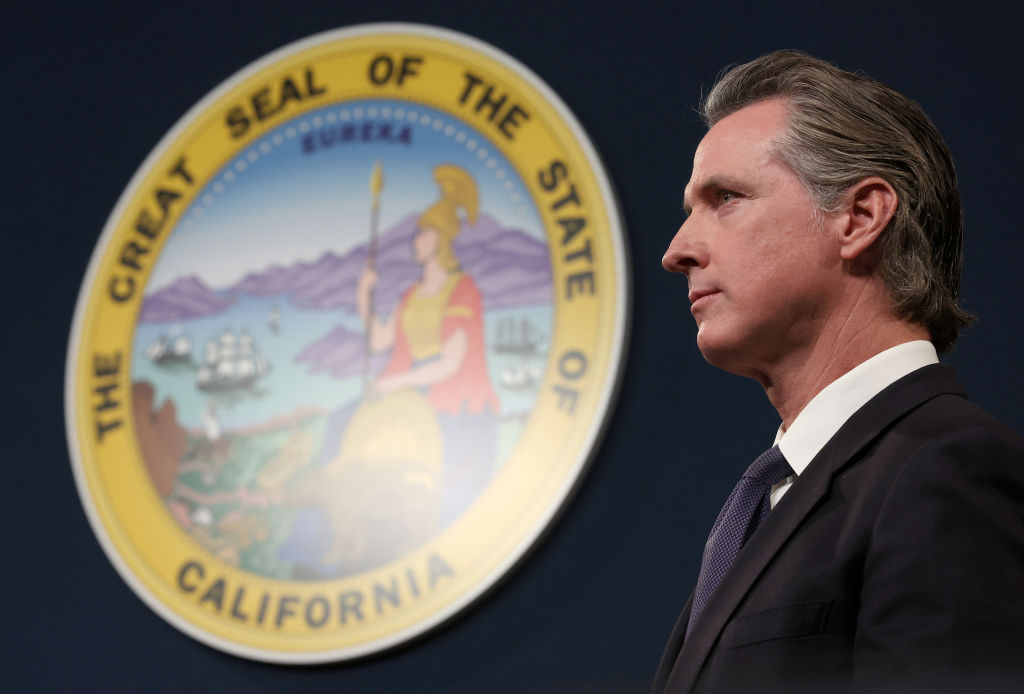All efforts to save and conserve nature and its resources will be out of reach, unless finance is more than doubled to $384-billion per year by 2025, a report by the United Nations Environment Programme has proposed.
Titled State of Finance for Nature, and written by UNEP’s Nathalie Olse and Ivo Mulder, as well as Waltraud Ederer and Nina Bison from the Economics of Land Degradation Initiative, the report had the support and analysis of McKinsey’s Vivid Economics.
“Climate, biodiversity, and land degradation goals will be out of reach unless investments into nature-based solutions quickly ramp up to $384-billion/year by 2025, more than double the current $154-billion/year,” say the authors.
State of Finance for Nature is the second updated version of its kind, and includes marine ecosystems, showing that only 9% of total investment in nature-based solutions are targeted towards oceans.
In addition to concluding that funds need to double to preserve biodiversity, the UNEP report said that governments contribute about 83% of nature-based solutions finance flow. However, this contribution is unlikely to increase, due to fiscal challenges, debt and poverty.
______________________________
Visit Daily Maverick’s home page for more news, analysis and investigations
______________________________
Ivo Mulder, UNEP head of climate finance, and one of the report authors, told Daily Maverick that as environmental circumstances caused by the Ukraine war have affected energy and food prices, additional money towards nature initiatives would have to come from the private sector.
“The science is undeniable. As we transition to net-zero emissions by 2050, we must also reorient all human activity to ease the pressure on the natural world on which we all depend,” said Inger Andersen, executive director of UNEP, in a statement. “This requires governments, business and finance to massively step up investments in nature-based solutions because investments in nature are investments in securing the future for generations to follow.”
Turning the tide of biodiversity loss
The private sector is considered a source of increased funding towards the conservation of nature, with expectations of upping its $26-billion per year contribution, or 17% of overall share, towards protecting the environment.
“From this year to last year, we have seen an increase of around 2.6% in expenditure. Most is coming from the private sector, financed in the form of carbon markets and philanthropy. I think it is a good sign that despite the troubling economic situation that we have seen an increase in it.
“If we want to turn around the tide on biodiversity loss and truly tackle the climate crisis – which I don’t think we are in a sufficient manner – then [the increase] needs to be larger than what it is now. It needs to be at least 14% year on year increase per year.”
To boost its might in the fight for nature, the private sector must – says the UNEP report – increase investment in sustainable supply chains, reduce activity that negatively impacts the environment and biodiversity, offset emissions through high nature markets, invest in nature-positive activity and pay for ecosystem services.
COP15 and the burning topic of the time
The report findings come a week ahead of the United Nations Biodiversity Conference. The 15th meeting of the Congress of the Parties (COP15) will be held in Montreal, Canada. It will see countries and businesses gather and will adopt a landmark agreement to halt and reverse nature loss by 2030, UNEP said in a statement.
Other concerns to be tabled at the meeting include implementing investments in nature-based solutions, as well as setting a clear mandate that will see countries require the financial sector to align themselves with nature-positive goals.
Mulder said COP15 will see about 1,400 people, the largest gathering of business participants from different sectors such as agriculture, mining and finance ever; showing that there is growing interest in the topic.
“A lot of people felt years ago that climate change is not something of this generation. What we show in this report: we essentially have five years to turn things around. We don’t have a decade… what the report is showing is that time’s up!”
Concluded Mulder: “If we truly want to tackle the crisis that people see around the climate, then it is about changing our lives, changing how businesses make money, and changing how the government puts policies together. That is not for the next generation or the next decade; it is here, now.” DM/OBP
![]()





















Discussion about this post